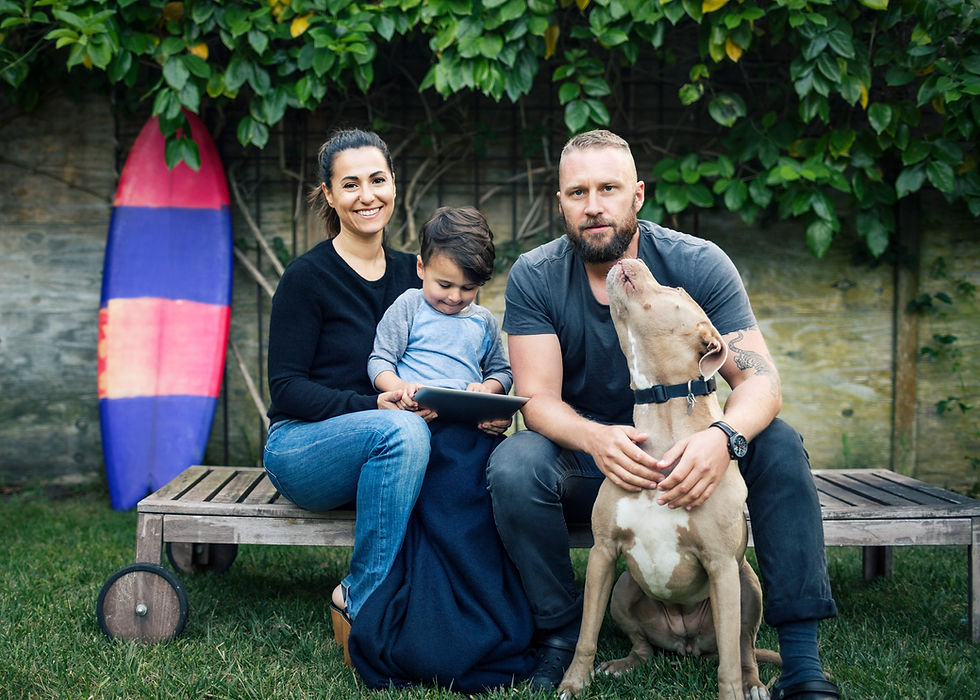building resilience in foster care
- May 17, 2022
- 3 min read
At asphaleia we do our best to try and match children and young people (CYP) with the right carers. There is only so much information available to us to make matches and the personalities and habits of both carers and CYP are often only revealed once the match has been made.
Therefore, carers often need to learn new skills and be prepared for unexpected behaviours to arise that they will need to work through with the child. They will need to see the bigger picture beyond the behaviour and consistently, appropriately and respectfully address everything that arises where the child or family is not benefitting from their habits, behaviours, or choices.
'Carers can make a difference if they stick with the child and teach them new behaviours and ways of living that will keep them healthy and happy.'
This takes resilience in our carers. At asphaleia, we see resilience as our carers' ability to stick with a placement when things are tricky or hard work.
Our fostering manager, Kim, says, 'carers can make a difference if they stick with the child and teach them new behaviours and ways of living that will keep them healthy and happy. But they can't expect to make these changes unless they nurture a relationship that is trusting and safe for the child, and that takes time.'
helping our carers to grow in their resilience
Resilience is a difficult thing to teach but at asphaleia we believe the following practices help carers to develop their resilience:
Supportive and regular supervision during which every challenge is explored and carers are helped and guided to find solutions, for example, help establishing routines, or guidance on how to introduce new foods to a child who has only eaten plain and unhealthy foods.
Sourcing training on specific issues as soon as they arise and adding this to carers' PDPs so they can feel equipped.
Offering additional support from asphaleia's pastoral lead so carers have someone else to talk to who has mental health expertise.
encouraging resilience in CYP
Resilience in children is born out of safe and loving relationships and home environments. First and foremost, we support our carers to create this for each child in their care. Other important tools are:
Routines, so children know what's happening when and can feel safe in the knowledge of how the day will unfold.
Supporting CYP to have hobbies and interests outside of school, such as joining a team sport, or learning a craft. This can help them develop self-belief, confidence, and make new friends.

Carers taking calculated risks with children to empower them and help them towards independence. For example, teaching them the highway code in preparation for walking to school by themselves. Carers can start by asking them to suggest when it's safe to cross a road, without letting them fully take the lead until it is safe for them to do so.
Letting them express their emotions safely, teaching them that it's ok to be sad or angry but it's not ok to lash out and hit.
foster care fortnight 2022

This week we are celebrating the second week of Foster Care Fortnight, which this year is recognising the importance of fostering communities. A supportive community is a significant factor in resilience-building and we're pleased to be celebrating our fostering community this week including our carers, agency staff, and the professionals we work with. Please check out our social media channels to see our FCF content.
If you're interested in becoming a foster carer and live in Sussex, please click here.







